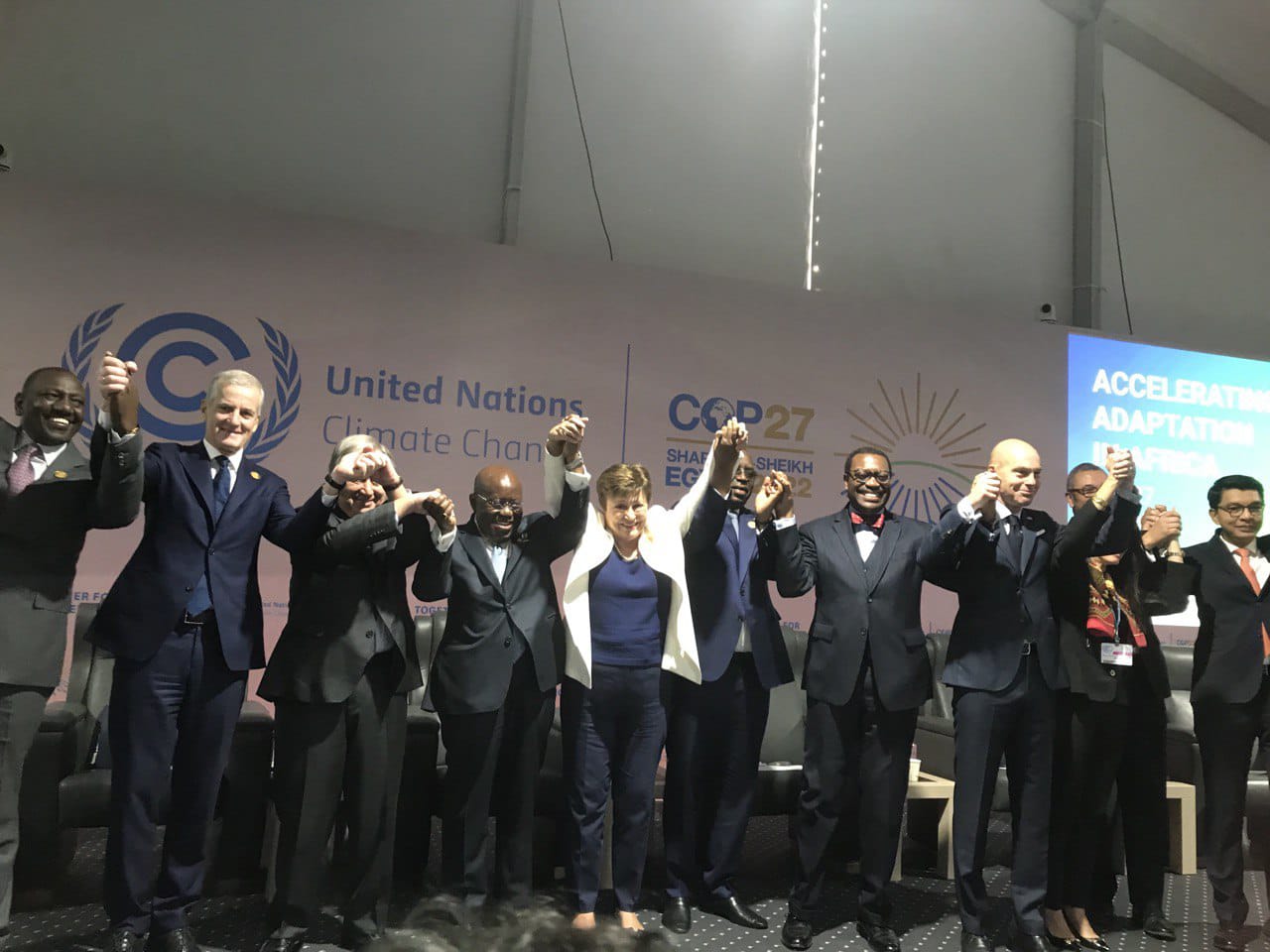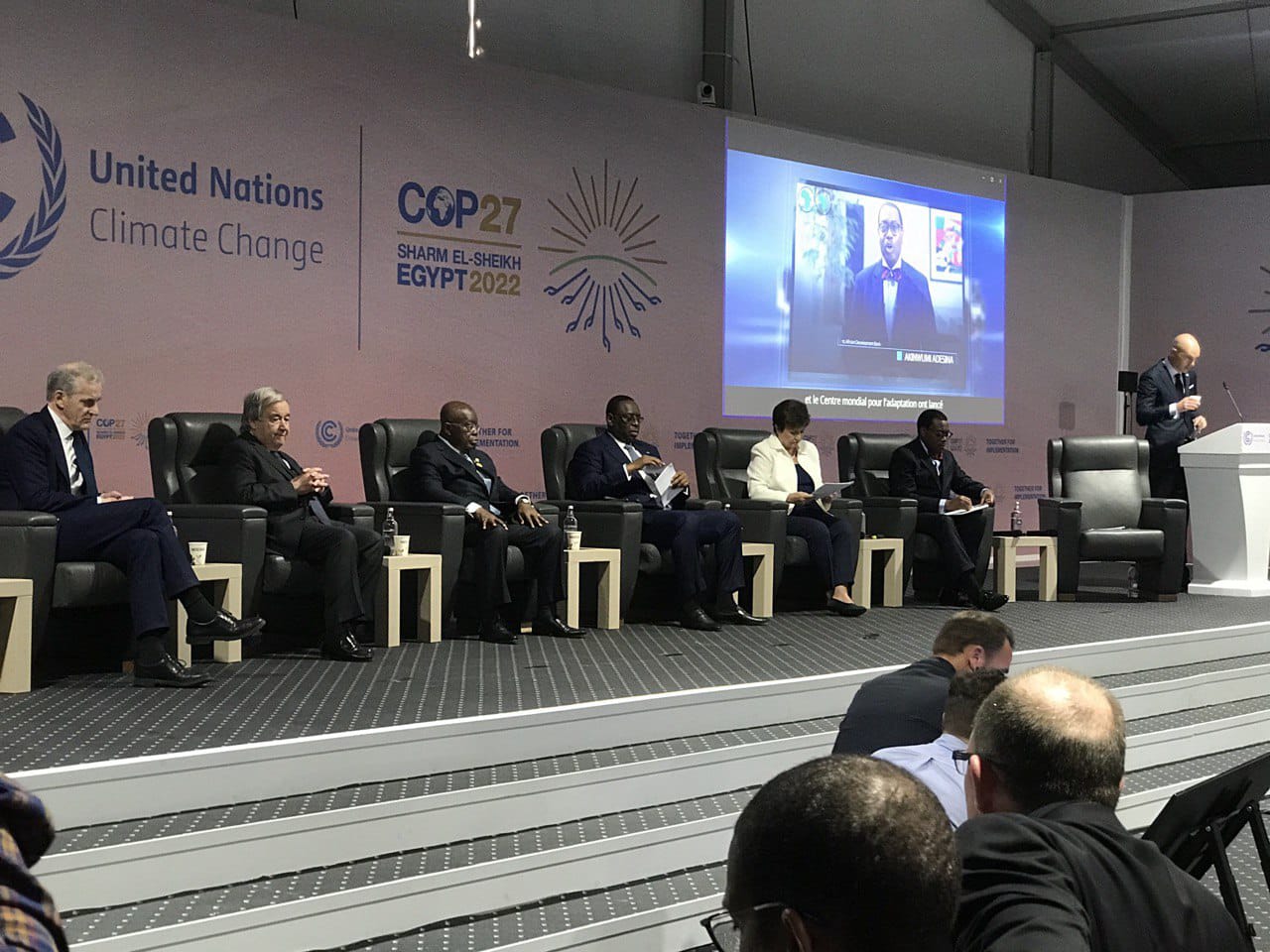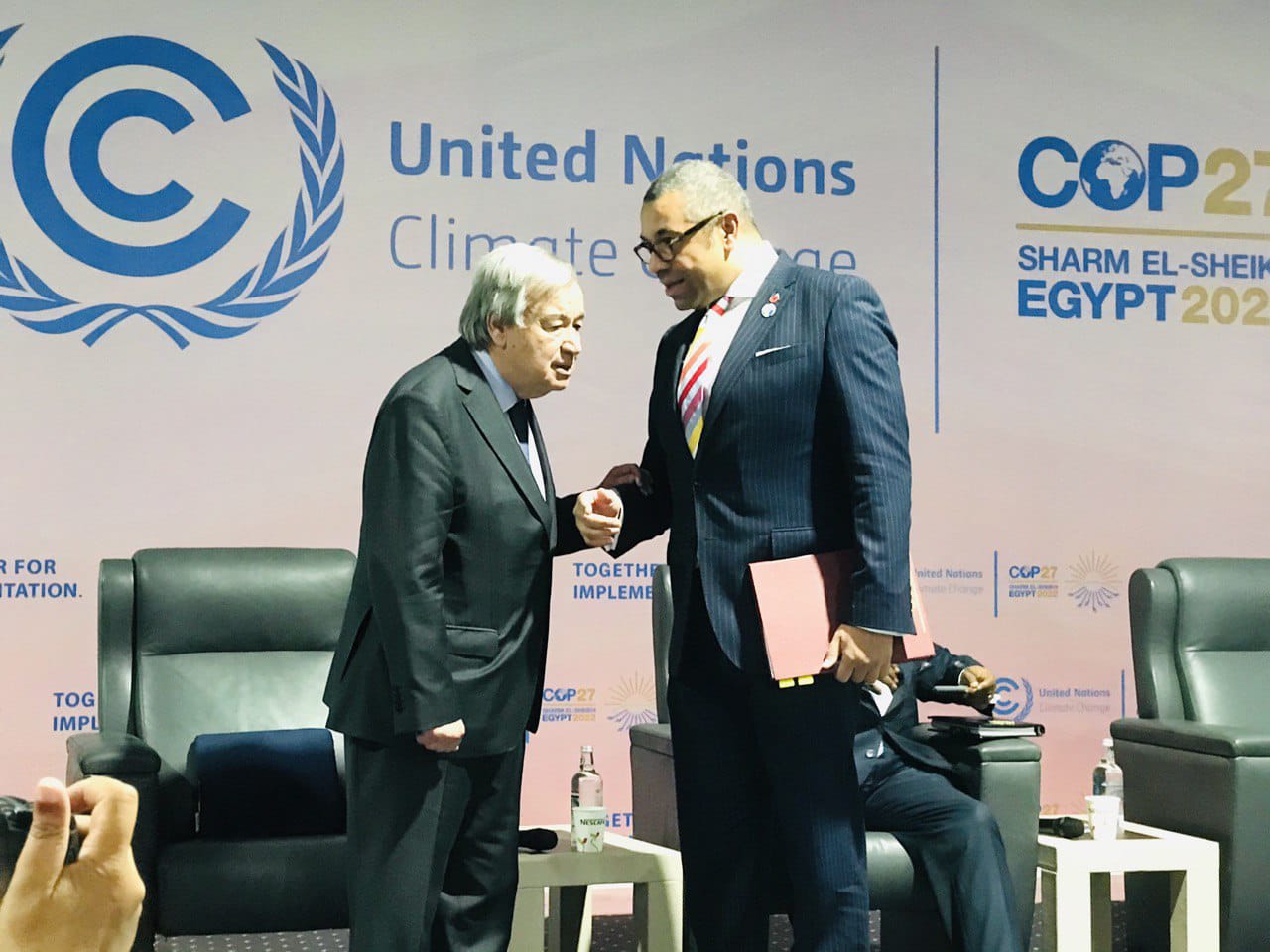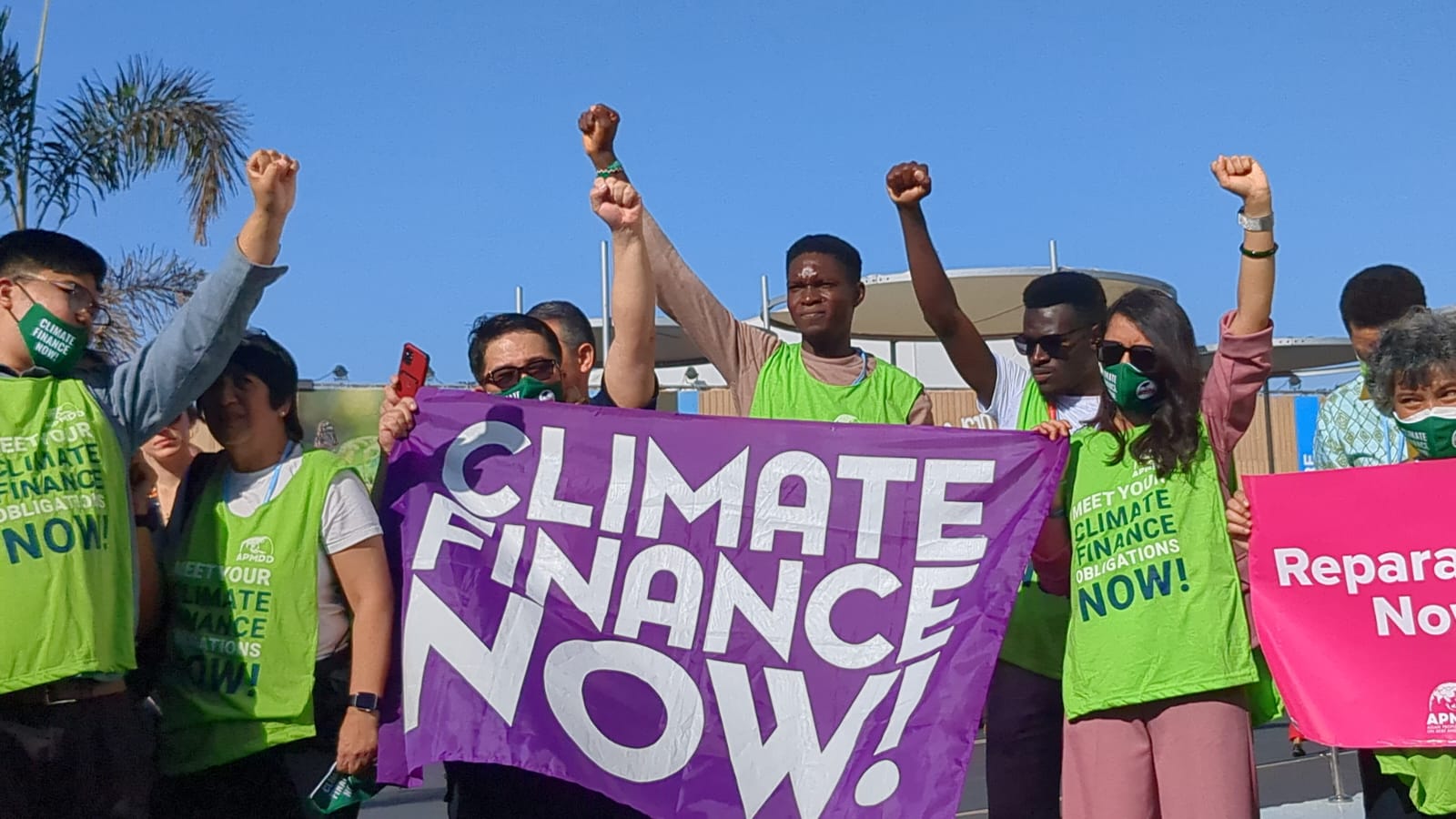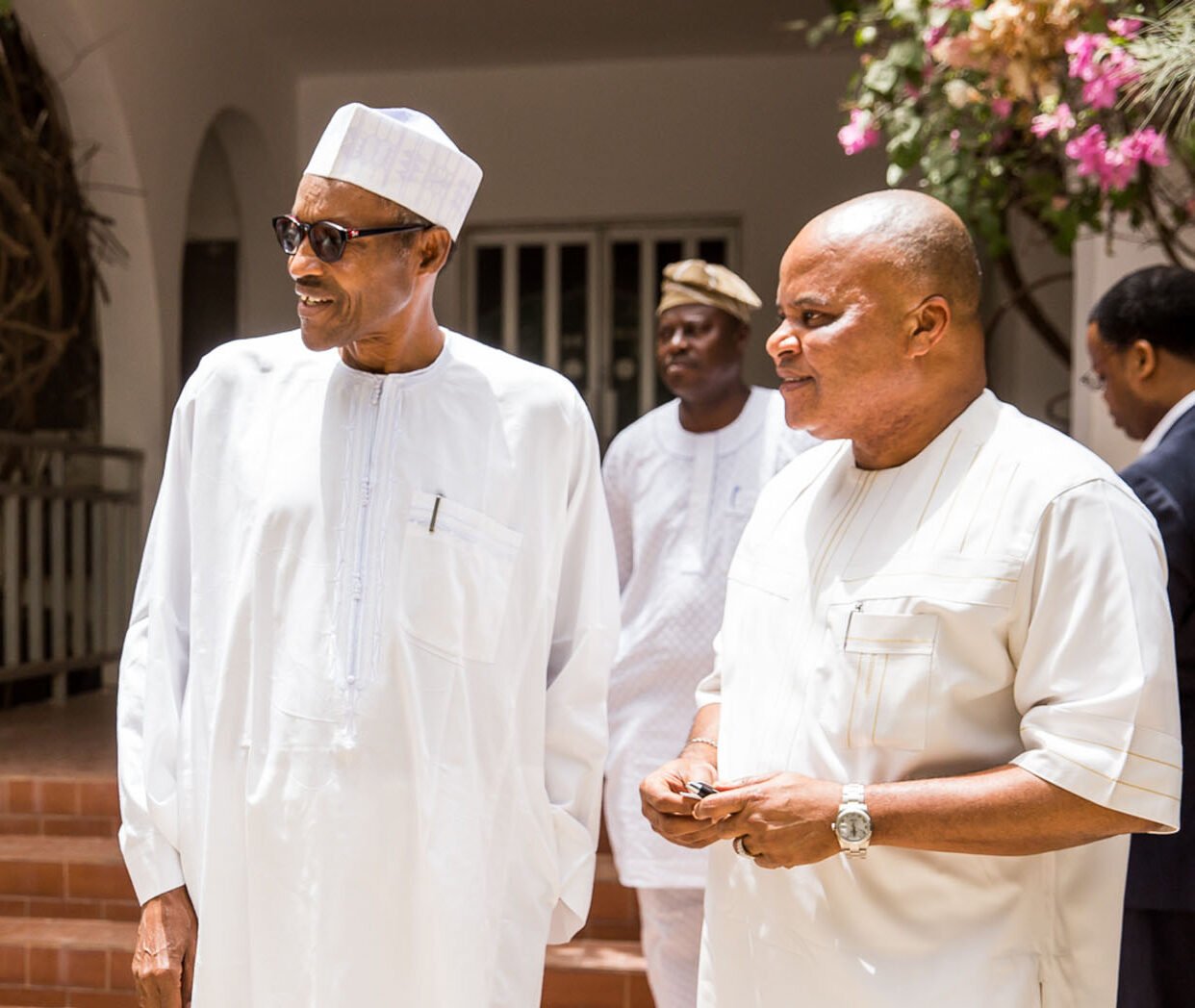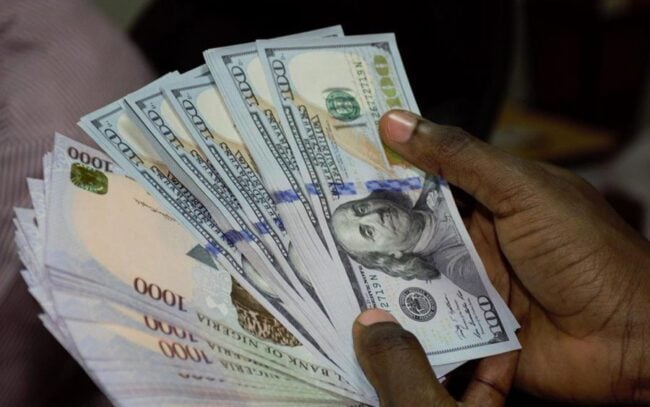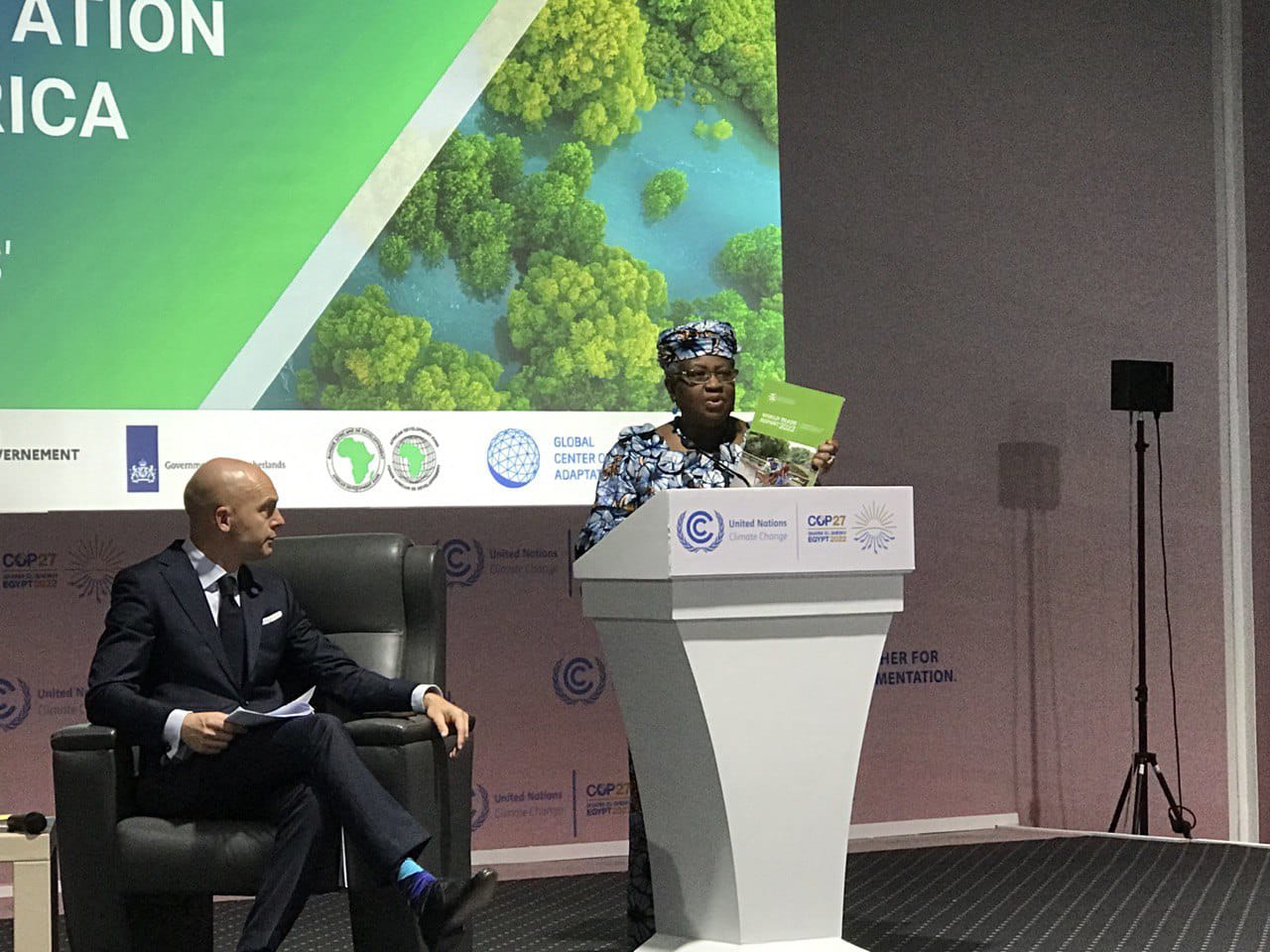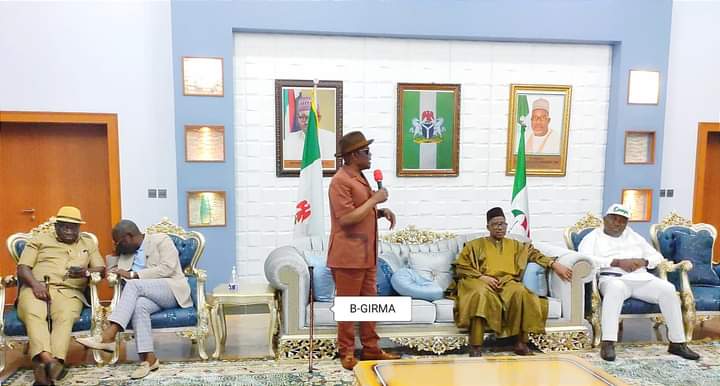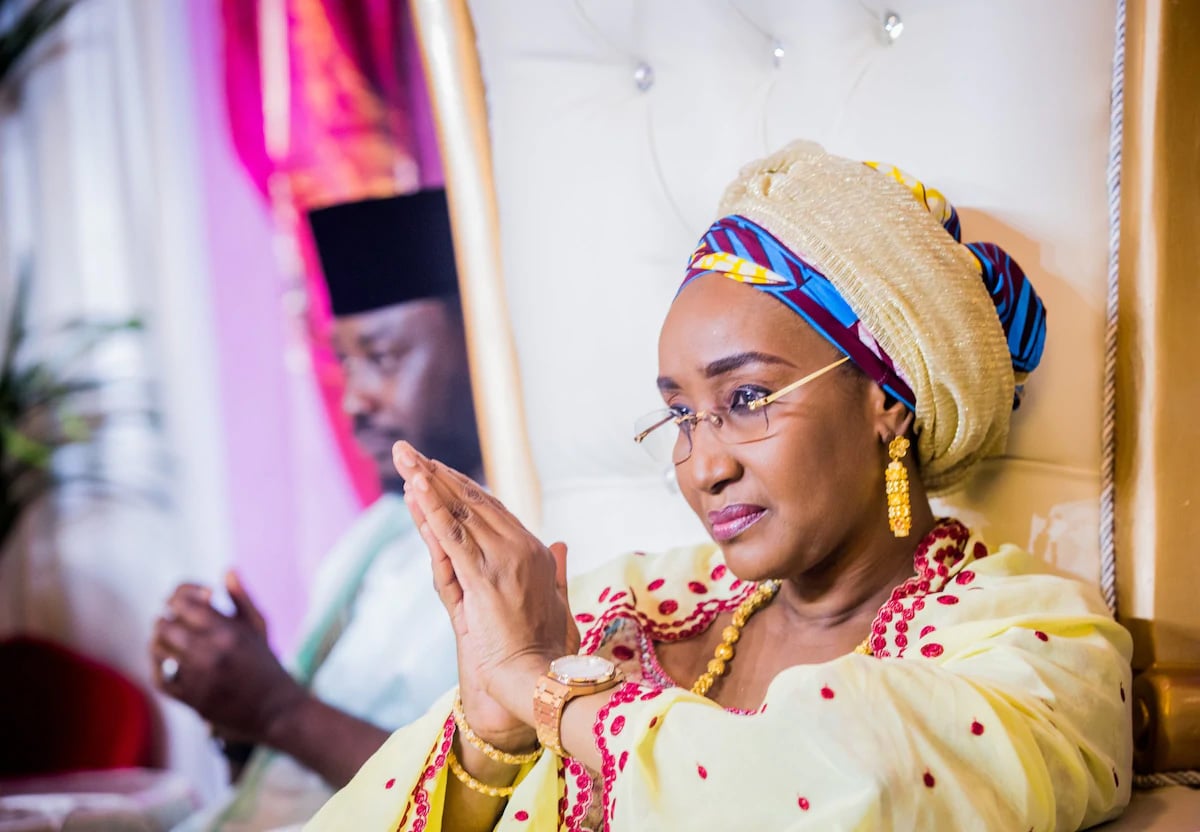At the United Nations conference on climate change (COP27) underway in Sharm el-Shiek, Egypt, Africa’s adaptation capacity has been boosted as developed countries pledge enhanced adaptation finance for the continent.
At COP26 in Glasgow, developed countries agreed to double the 2019 adaptation finance to $40bn by 2025. And now at COP27, they seem to have begun making good on their promise.
At a session tagged ‘COP27 Leaders Event: Accelerating Adaptation in Africa’, and organised by African Development Bank (AfDB), Global Center on Adaptation (GCA) and other partners, developed countries made enhanced financial pledges.
Aimed at ensuring successful adaptation action for COP27, the event pushed forward the conversation on scaling up support to help Africa build resilience.
Advertisement
AFRICAN LEADERS SPEAK ON NEED FOR ADAPTATION FINANCE
African leaders at the event reiterated the fact that the continent is most affected by climate change impacts and there is a need to receive financing for adaptation.
Advertisement
Ghana’s President Nana Akufo-Addo said all sectors of Africa’s economy are extremely vulnerable, posing existential threats that must be addressed.
“Africa’s needs must be expressly recognised because the continent has done the least to cause climate change and yet our people especially our youths are suffering its impacts the most,” he said.
Senegal’s President Macky Sall said: “Africa is ground zero for the global climate breakdown.
“Nobody benefits if Africa fails to tackle it. The Africa Adaptation Acceleration Program (AAAP) is Africa’s response to the climate crisis to leverage investments in adaptation and resilience, not just to protect ourselves from the threat of climate change, but to drive a green economic growth agenda for prosperity.”
Advertisement
On his part, Williams Ruto, Kenya’s president, said the rate of global warming demands that accelerating adaptation becomes a high priority for Africa.
EUROPEAN LEADERS INCREASE FINANCE
The United Kingdom alongside other developed countries’ leaders pledged monies for adaptation and especially prioritised Africa as the major benefactor.
Advertisement
James Cleverly, UK foreign minister, said the country will provide £1.5 billion by 2025 for climate adaptation to help some of the most vulnerable people in the world.
“I am delighted to announce that rather than double our adaptation finance, the UK will triple our financial commitments to £1.5 billion in 2025,” he said.
Advertisement
“This will help some of the poorest and most vulnerable people in the world mainly in Africa to strengthen their resilience to climate change.
“And only this year, the UK asked the African Development Bank to create a new route to channel climate finance to the developing countries and guess what, it is a new climate action window and today I’ll also announce a £200 million UK contribution to Africa.”
Advertisement
Similarly, Mark Rutte, prime minister of the Netherlands, announced the country’s contribution of €110 million in support of Africa’s adaptation acceleration programmes.
Advertisement
‘WE SHOULDN’T HAVE TO LOBBY TOO MUCH FOR FINANCE’
Antonio Guterres, United Nations secretary-general, said money for adaptation is available but there are no bankable projects. He asked developed countries to help mobilise bankable projects to help African countries access climate adaptation finance.
“We have money but there are no bankable projects. We all need to mobilise our capacities to support countries to prepare those bankable projects in adaptation in order to guarantee that the financial resources available can be effectively utilised.”
Speaking with TheCable on how Nigeria intends to access the financing, Mohammed Abdullahi, minister of environment, said the country has “a bankable plan based on our NDCs”, adding that potential projects include the energy transition plan and community resilience, among others.
But other members of the African delegation beg to differ. They said Africa has not been able to access much financing despite the projects and NDCs.
James Murombedzi, officer-in-chief, African Climate Policy Centre, said fund delivery is the real test of the pledges made by developed countries.
He said: “The challenge is that much of the funding that is promised to Africa comes in the form of very expensive loans while in fact, the continent needs grants and concessional loans.”
Murombedzi added that this form of financing would further worsen Africa’s situation instead of improving it because “finance should not come at the cost of increasing the indebtedness of the continent. It should actually come as finance which helps the continent in increasing its adaptation and mitigation goals”.
Isabel Zou Tem, a Cameroonian delegate, said Africa battles bottlenecks in attempts to access financing, adding that the continent should not be made to lobby so much.
“They should give us without us lobbying,” she said. “Africa does not have the expertise for some of their requirements. They say okay we’ve given you money, go take but when we come, they give us all those rules like you have to apply. We don’t want that.”
Benson Simba, head of project management, Africa Activists for Climate Justice, echoed Isabel’s concerns.
He said: “Beyond the commitments, we want simpler access structures in place so that the African people can access this particular money.”
Going by past indices on the inaccessibility of financing despite huge pledges, the question remains; will COP27 truly deliver on implementation?
This report was produced with the support of Climate Tracker
Add a comment
